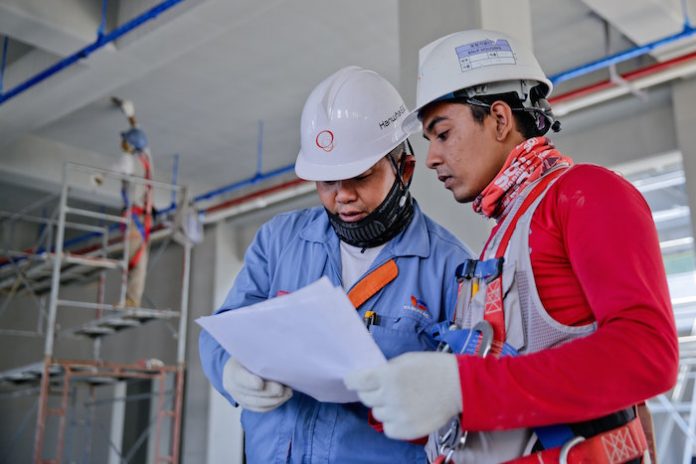When working for yourself, it’s sometimes too easy to overlook many of the workplace minutiae and regulations that apply to larger companies. But whether you’re hammering away at the keyboard in your home office or running an online retail store from your kitchen table, things like health and safety still need to be dealt with.
Though it’s entirely possible that your single-person enterprise isn’t subject to the usual health and safety laws, failing to know the facts can lead to hefty fines and lost business. In other words, doing your research now can prevent a bigger headache later on.
So do the self-employed need to go as far as creating a whole health and safety policy for their business? Depending on whether you employ people or you have a workforce of one, the answer varies.
Risk to others
Since 2015 in the UK, businesses run by the self-employed have not been subject to normal health and safety laws providing their work activity does not impact other employees or members of the public. This means that many — but not all — home-based businesses will be exempt from traditional health and safety laws.
But this all changes if you have employees or contractors working for you, or if the nature of your work has the potential to impact customers or members of the public.
There are also some specific activities that are covered by UK law, including:
- Construction work
- Agricultural work
- Work on the railways
- Working with gas, asbestos, or genetically modified organisms
So even if you’re considered self-employed for tax purposes or another metric, if your work activities pose a risk of harm to others, then you are still covered by the Health and Safety at Work Act 1974.
Things to consider if you’re still unsure whether you need to take action include the environment in which you work and the equipment or materials that you use.
For example, if your business requires you to work in a garage and deal with customers in that space, then you will need to obey health and safety regulations. If you work from home completely alone, however, you’re likely to be exempt.
However, if your work still has the potential to impact others, it doesn’t matter where you are when you do it. So if your job is to offer advice or produce how-to guides, then this would still be covered under the law.
Creating a health and safety policy
As said, the things that should be covered in a health and safety policy very much depend on the nature of your work. Regardless, you should always begin the process by conducting a risk assessment that looks at all possible hazards and risks present in your work activity.
Start by speaking to everyone involved in your business, especially if there are work activities that happen away from your direct view. This ensures that nothing is missed.
Then you should look at the different categories of hazard. These include but are not limited to:
- Environmental hazards – e.g. is the working area free from items that could cause accidents like slips, trips or falls? Is all equipment well-maintained? Do workers have access to the correct PPE?
- Social hazards – e.g. could you or your employees be at risk for attack or robbery while carrying out your duties?
- General wellbeing – e.g. do workers have access to drinking water and bathrooms?
The results of your risk assessment, which should involve the identification of hazards and the steps you’ll take to eliminate or mitigate the danger they pose, should then be used to create your health and safety policy.
If you employ five or more people, then this has to be written down. Whatever form it takes, the policy should be clearly understood by everyone it impacts, and someone (likely you if you are self-employed) should be put in charge of enforcing the new rules.
Holes in your approach to health and safety can mean serious trouble, with the average fine given out by the HSE estimated to be around £120,000. But the good news is that making sure you have a robust plan today can prevent you from both putting people in danger and negatively impacting your business.
Find a Home-Based Business to Start-Up >>> Hundreds of Business Listings.

















































